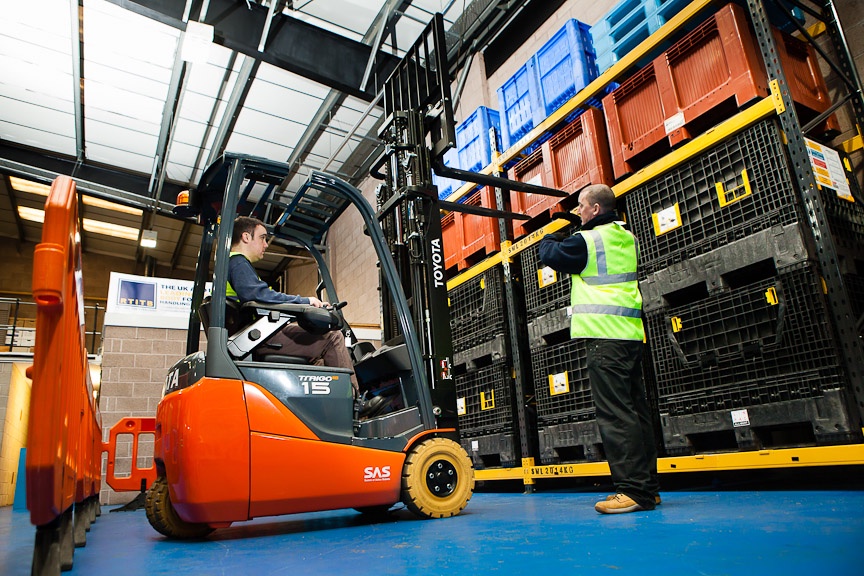In the fast-paced world of business, efficiency is key to success. One of the essential factors contributing to efficiency in industries involving material handling and logistics is the choice of the right forklift hire.
The impact of selecting a suitable forklift goes beyond mere convenience; it directly influences productivity, cost-effectiveness, and overall operational effectiveness. In this guide, we will delve into the crucial considerations for businesses when it comes to choosing the right top forklift hire, enabling them to make informed decisions that elevate their operational efficiency.
Assessing Your Business Needs
Before diving into the world of forklift rentals, businesses must assess their specific needs. This involves defining the tasks and operations that necessitate the use of a forklift. Whether it's loading and unloading heavy goods, stacking pallets, or transporting materials within a warehouse, understanding the precise requirements is the foundation for making the right choice.
Furthermore, businesses should consider the size and weight of the loads that need to be handled. This information is vital in determining the lifting capacity and specifications required from the forklift. Additionally, the distinction between indoor and outdoor usage requirements plays a significant role in the type of forklift best suited for the intended environment. Factors such as maneuverability, tire types, and emission standards come into play when making this distinction.
Moreover, some businesses may have unique tasks that require specialized features in a forklift. Whether it's attachments for specific material handling or custom modifications to meet distinct operational needs, identifying these requirements is crucial for finding the right forklift hire solution.
Understanding Forklift Types
Forklifts come in a variety of types, each designed for specific applications and environments. Understanding these types is essential for businesses to make an informed choice. Common types include counterbalance forklifts, reach trucks, and pallet trucks, each with its own set of advantages and ideal applications.
For instance, counterbalance forklifts are widely used for indoor operations and are known for their maneuverability and balance, making them suitable for handling heavy loads in confined spaces. Reach trucks, on the other hand, are designed for high stacking and narrow aisle operations, making them ideal for warehouse settings. Pallet trucks, also known as pallet jacks, are commonly used for moving palletized materials over short distances.
In addition to the specific applications, the ergonomic design and safety features of each forklift type are crucial aspects to consider. The comfort and safety of operators contribute significantly to overall efficiency and productivity, making these features paramount in the decision-making process.
Evaluating Rental Options
Once the business needs and forklift types are understood, the next step is to evaluate rental options. Researching reputable forklift rental companies in the area is essential. This involves considering factors such as the company's reputation, equipment quality, and customer reviews to ensure a reliable and trustworthy rental experience.
Comparing rental terms, pricing, and contract flexibility is another crucial aspect. Businesses should seek rental agreements that align with their operational requirements and budget. Flexibility in rental terms allows for adjustments as business needs evolve, ensuring that the forklift hire rental remains optimal for the long term.
Moreover, inquiring about maintenance and support services included in the rental package is equally important. Regular maintenance and prompt support in case of equipment issues are vital for uninterrupted operations and minimizing downtime.
Conclusion
The process of choosing the right forklift hire Campbellfield for business operations involves a comprehensive understanding of specific needs, forklift types, rental options, and safety considerations. By prioritizing efficiency, safety, and cost-effectiveness in this decision-making process, businesses can elevate their operational capabilities and contribute to overall productivity and success.


No comments yet